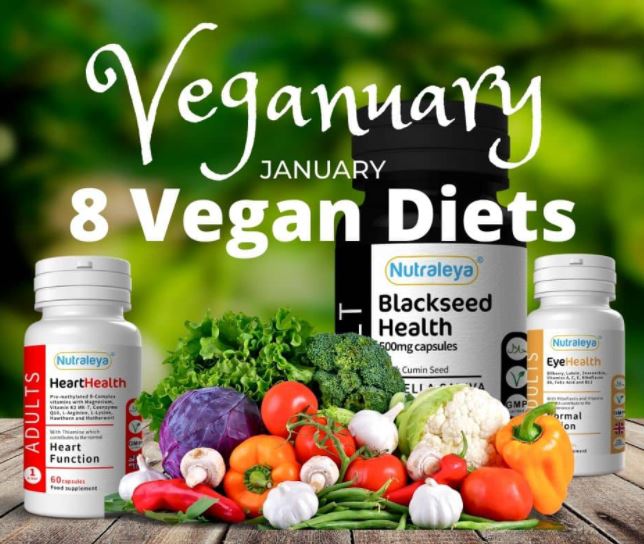Sticking to a vegetarian vitamin was once related to better chance of hip fracture amongst ladies, a cohort learn indicated.
Vegetarian ladies ages 35 to 69 noticed a 33% upper chance for hip fracture than those that steadily ate meat (HR 1.33, 95% CI 1.03-1.71) all through greater than 2 a long time of follow-up, James Webster, PhD, of the College of Leeds within the U.Okay., and co-workers reported in BMC Medication.
This hip fracture chance wasn’t noticed amongst pescatarians (HR 0.97, 95% CI 0.75-1.26) nor ladies who most effective now and again ate meat (HR 1.00, 95% CI 0.85-1.18).
Decrease consumption of protein, calcium, and different micronutrients related with bone and muscle well being is regularly regarding with vegetarian diets, Webster stated in a commentary. “This makes it particularly necessary for additional analysis to higher perceive elements riding the greater chance in vegetarians, whether or not or not it’s specific nutrient deficiencies or weight control, in order that we will be able to lend a hand other people to make wholesome possible choices.”
He added that this learn wasn’t caution other people to completely keep away from vegetarian diets, however to weigh the professionals and cons of any vitamin with private cases. As well as, ladies must pay attention to precisely which vitamins they are going to want to complement for correct vitamin.
“Vegetarian diets can range extensively from individual to individual and will also be wholesome or dangerous, identical to diets that come with animal merchandise,” he prompt.
Within the 822 hip fracture circumstances noticed amongst 26,318 ladies between the ages of 35 to 69 within the U.Okay. Ladies’s Cohort Find out about, BMI did not seem to play any meditating issue on this affiliation with vitamin kind. That being stated, ladies with a BMI beneath 23.5 had a 46% upper chance for fracture, irrespective of vitamin kind.
Those fashions had been adjusted for a slew of doable confounders, together with ethnicity, sociodemographics, marital standing, menopausal standing, selection of youngsters, historical past of heart problems, most cancers, diabetes, and way of life elements like workout, smoking standing, and dietary complement use.
“Hip fracture is a world well being factor with prime financial prices that reasons lack of independence, reduces high quality of existence, and will increase chance of alternative well being problems,” stated co-study writer Janet Cade, PhD, additionally of the College of Leeds, in a commentary.
“Plant-based diets had been related with deficient bone well being, however there was a loss of proof at the hyperlinks to hip fracture chance,” she stated. “This learn is the most important step in working out the prospective chance plant-based diets may provide over the long-term and what will also be finished to mitigate the ones dangers.”
The researchers discovered some key dietary variations between ladies with other diets. No longer strangely, ladies who steadily ate meat had the easiest consumption of protein, diet D, and diet B12. However, the vegetarian crew had the bottom consumption of all 3.
Overall calcium consumption was once equivalent between all diets, even though.
Basically, ladies within the learn who ate a pescatarian or vegetarian vitamin tended to be more youthful, have upper ranges of schooling, had been much more likely to have skilled or managerial jobs than guide jobs, and had been much less prone to be married or have any youngsters. Ladies adhering to those diets additionally tended to weigh lower than those that steadily ate meat.
Common meat eaters additionally had one of the most easiest ranges of most cancers, diabetes, and heart problems at baseline.
Diets had been showed the use of a 217-item meals frequency questionnaire. Ladies deemed “common” meat-eaters had been those that ate up 5 or extra servings every week, whilst “now and again” meat-eaters ate lower than 5 servings. Pescatarians ate fish however now not meat, and vegetarians abstained from each fish and meat.
Disclosures
Webster and co-authors reported no disclosures.
https://www.medpagetoday.com/primarycare/dietnutrition/100175







